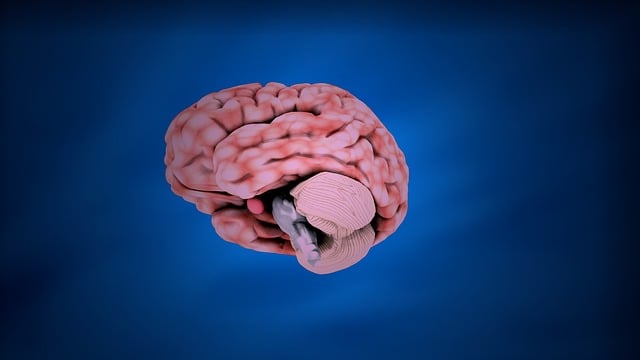Lakewood German Speaking Therapy offers a unique, culturally sensitive mental wellness self-assessment process combining ancient wisdom and contemporary therapy practices. Their holistic approach, tailored to diverse backgrounds, incorporates resilience building, compassion cultivation, and inner strength development through accessible tools like emotional regulation and mindfulness meditation. This not only enhances mental health literacy but also fosters open dialogue, reduces stigma, and increases community access to resources.
Mental wellness self-assessment tools play a pivotal role in early detection and support. This article explores the development of such tools from the perspective of Lakewood German Speaking Therapy, a leading mental health provider. We delve into understanding the nuances of mental wellness assessment, designing culturally sensitive tools grounded in therapeutic principles, and implementing these resources to enhance community mental health support. By integrating best practices, we aim to empower individuals with effective self-assessment strategies.
- Understanding Mental Wellness Self-Assessment: The Lakewood German Speaking Therapy Perspective
- Designing Effective Tools: Incorporating Cultural Sensitivity and Therapeutic Principles
- Implementation and Impact: Enhancing Mental Health Support within the Community
Understanding Mental Wellness Self-Assessment: The Lakewood German Speaking Therapy Perspective

At Lakewood German Speaking Therapy, we recognize that mental wellness self-assessment is a multifaceted process crucial for individuals to gain insights into their psychological state and identify areas for improvement. Our approach emphasizes a holistic understanding of mental health, considering various factors such as emotional well-being, thought patterns, and coping mechanisms. By integrating ancient wisdom with contemporary therapy practices, we offer a unique perspective on self-assessment tools that cater to diverse cultural backgrounds.
The development of these tools aligns with our mission to enhance resilience building among individuals. Through tailored Mental Health Education Programs Design, we empower clients to navigate life’s challenges more effectively. Furthermore, our expertise in Stress Management techniques ensures that self-assessment processes are not only insightful but also supportive, enabling individuals to cultivate healthier mindsets and improve overall well-being.
Designing Effective Tools: Incorporating Cultural Sensitivity and Therapeutic Principles

Designing effective mental wellness self-assessment tools requires a nuanced approach that integrates cultural sensitivity and therapeutic principles. It’s essential to recognize that mental health experiences vary across different cultural backgrounds, languages, and personal histories. For instance, Lakewood German Speaking Therapy highlights the importance of tailoring assessment methods to accommodate diverse needs. Incorporating compassion cultivation practices, resilience building, and inner strength development can create inclusive tools that promote healing and growth for a wide range of individuals.
By infusing these principles into self-assessment designs, therapists and developers can ensure that tools are not only accurate but also culturally responsive. This approach respects the unique perspectives and experiences of users while encouraging honest self-reflection. Ultimately, effective mental wellness assessments should foster open communication, validate diverse cultural expressions of well-being, and empower individuals to take proactive steps towards cultivating resilience and inner strength.
Implementation and Impact: Enhancing Mental Health Support within the Community

The development of self-assessment tools for mental wellness plays a pivotal role in enhancing community support for mental health. These tools, designed to be accessible and user-friendly, empower individuals to take an active role in monitoring their emotional well-being. By integrating practices such as Emotional Regulation, Self-Care Practices, and Mindfulness Meditation into these assessments, the community at large can benefit from improved mental health literacy.
For instance, Lakewood German Speaking Therapy has successfully implemented similar initiatives, where self-assessment tools are not only used for individual therapy but also integrated into community programs. This approach fosters a culture of open dialogue around mental wellness, encouraging individuals to seek support early and practice proactive self-care. As a result, the overall impact on the community is profound, leading to reduced stigma, increased awareness, and better access to mental health resources.
The development of mental wellness self-assessment tools, as exemplified by the Lakewood German Speaking Therapy perspective, is a significant step towards enhancing mental health support within communities. By incorporating cultural sensitivity and therapeutic principles, these tools offer effective and accessible means for individuals to assess their mental well-being. The successful implementation of such assessments can lead to improved access to care, early identification of mental health issues, and ultimately, better outcomes for those seeking support.








